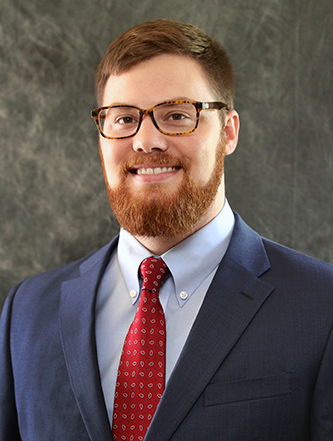Auditor’s Report Sheds Light on Special Taxing Districts
The truth is out: low-profile micro-governments have been receiving billions of public dollars under the taxpayers’ radar for decades.
The number of special taxing districts, such as transportation development districts (TDDs) and community improvement districts (CIDs), has grown over the past 20 years at a rate rabbits would envy. These districts are formed through petition processes and levy a tax or fee (often sales and/or property taxes) to fund various improvements, ranging from roadway interchanges to streetcars to “great suburban walls.” As I’ve written before, the governance structures of these districts predictably lead to accountability and transparency issues.
But a report on TDDs recently released by the Missouri State Auditor’s office shows just how severe a problem these districts have become.
TDDs were intended to help fund public improvements through a tax similar to a user fee in order to avoid burdening the general public with the costs of these projects. For example, if a development required a new intersection with a traffic light, a tax could be levied on just that development to help pay for construction of the intersection. But TDDs have now morphed into a mechanism for private developers to tax the public for private gain.
The law that originally authorized the creation of TDDs (RSMO 238.200-238.275) allows for them to be established by residents or property owners. If a proposed district has no residents within its boundaries, property owners alone decide whether a tax is to be levied, and if so, how its revenues are spent. Often, TDDs are established by a single retail developer. This means that a single developer can (1) form a district, (2) impose a tax in that district, and (3) spend tax revenues nearly any way it sees fit. Unsurprisingly, TDD revenues often go right back to the developer in the form of a direct subsidy, and taxpayers are forced to the sidelines with no say in how their money is spent.
So how bad is the problem? In 2014 and 2015 alone, TDDs in Missouri collected more than $176 million in tax revenue—yet, only 6% of those TDDs had residents within their boundaries. According to the Auditor’s report, $125 million of that revenue was collected without residential voter approval. Given that TDDs have been operating this way for nearly 20 years, their collective public impact is in the billions.
The Auditor’s report has shed much needed light on the abuse of special taxing districts. Now that we have a diagnosis, Missouri needs to develop a cure. Show-Me Institute researchers have proposed several special taxing district reforms, including requiring a minimum number of residents in a district and tightening reporting standards. Taking advantage of unsuspecting taxpayers is wrong, so why do Missouri’s laws allow it?


